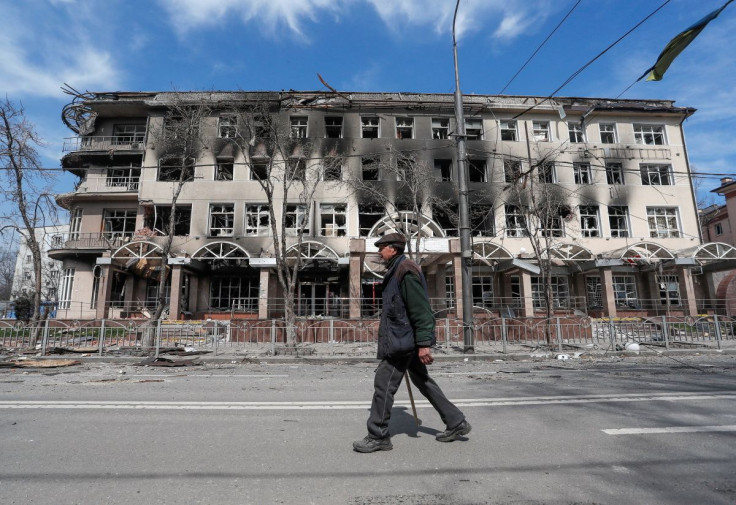World Bank Estimates Serious Hits To European Economies Over Russian Invasion Of Ukraine
The World Bank has forecasted serious hits to multiple European economies due to the Russian invasion of Ukraine.
On Sunday, the World Bank released multiple press releases pertaining to the impact of the Russia-Ukraine war on the economies of Europe and Central Asia. It specifically noted the Eastern European economies of not just Ukraine, but Poland and Georgia.
The World Bank estimates that the economies of Europe and Central Asia will shrink by 4.1% after originally estimating a 3% growth pre-war. This shirk would be "twice as large as the pandemic-induced contraction in 2020."
The international financial institution also estimates that Russia's invasion of Ukraine will shrink Ukraine's economy by 45.1%. However, there is no certainty in these statements as it depends on how long the war lasts and the continued intensity of the conflict.
"Ukraine needs massive financial support immediately as it struggles to keep its economy going and the government running to support Ukrainian citizens," said Anna Bjerde, World Bank Vice President for the Europe and Central Asia region.
A press release noted that the economies of Belarus, whose economy is expected to decline by 6.5%, and the Kyrgyz Republic, Moldova, and Tajikistan are also expected to fall into a recession.
Meanwhile, Poland, a country that currently has an estimated 60% of Ukraine's refugees, had its GDP growth forecast from The World Bank lowered by 0.8% to 3.9% for 2022. However, a press release on the matter did not that the country's GDP is expected to grow by 3.6% in 2023, a revision by 0.2% from an initial projection made in January.
The World Bank also predicted that the growth of the Georgian economy will slow down, lowering its initial forecast for growth from 5.5% to 2.5% in 2022.
According to Sebastian Molineus, the World Bank Regional Director for the South Caucasus, Georgia's economy is likely to slow down in 2022 but he sees growth in the country's future.
"Georgia is well placed to manage the economic fallout of the war due to reasonable fiscal and external buffers and a credible macro-financial framework. The banking sector is entering the crisis in relatively strong shape, government deposits are sizeable, and debt is likely to remain sustainable," Molineus said.
Asli Demirguc-Kunt, World Bank Cheif Economist for Europe and Central Asia, advised countries to "fortify their macroeconomic buffers" and make clear policies to deal with the risk and any fragmentation of trades and investments.

© Copyright IBTimes 2025. All rights reserved.






















